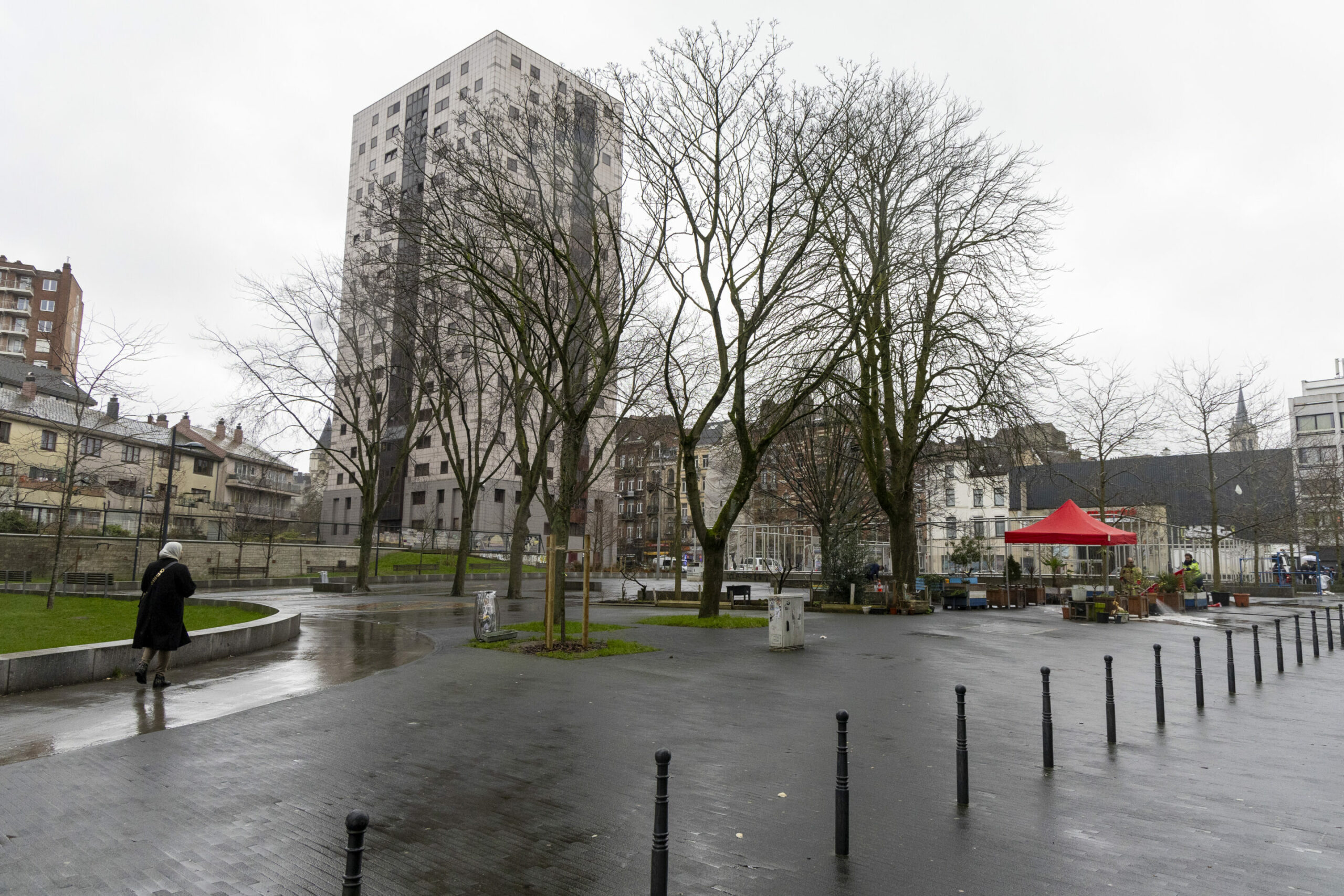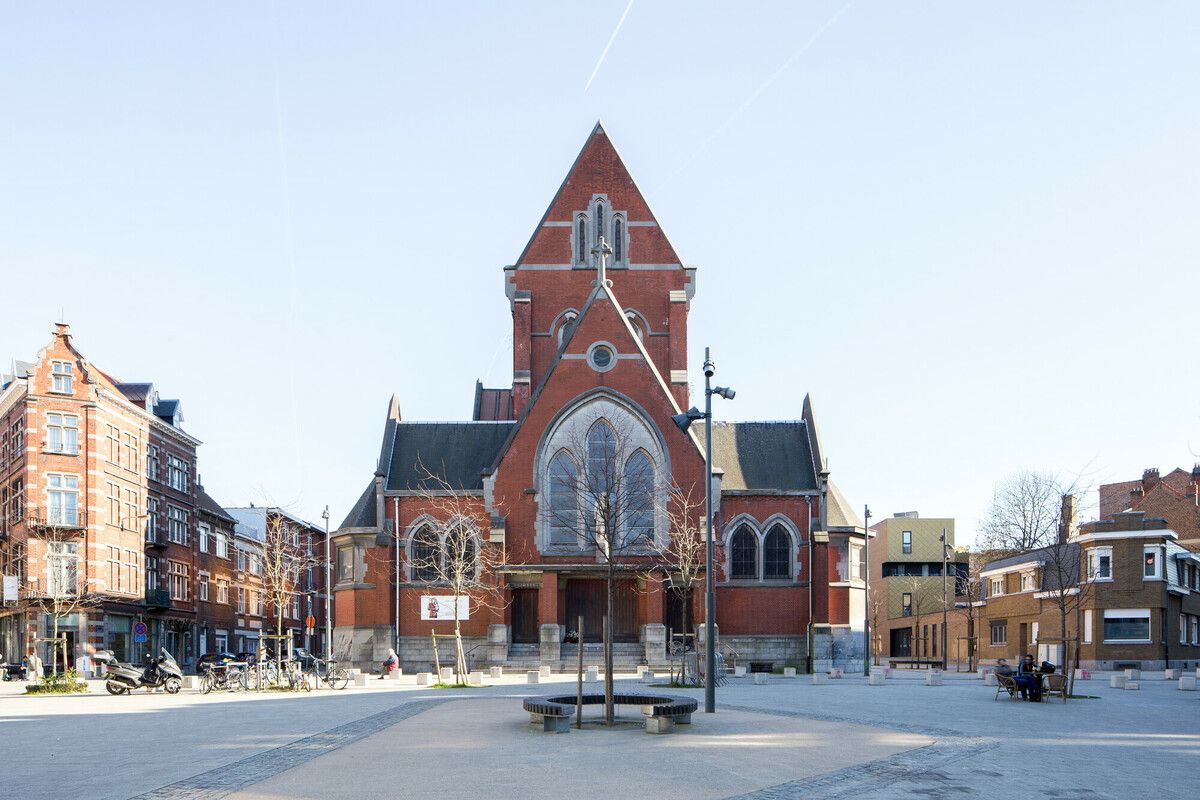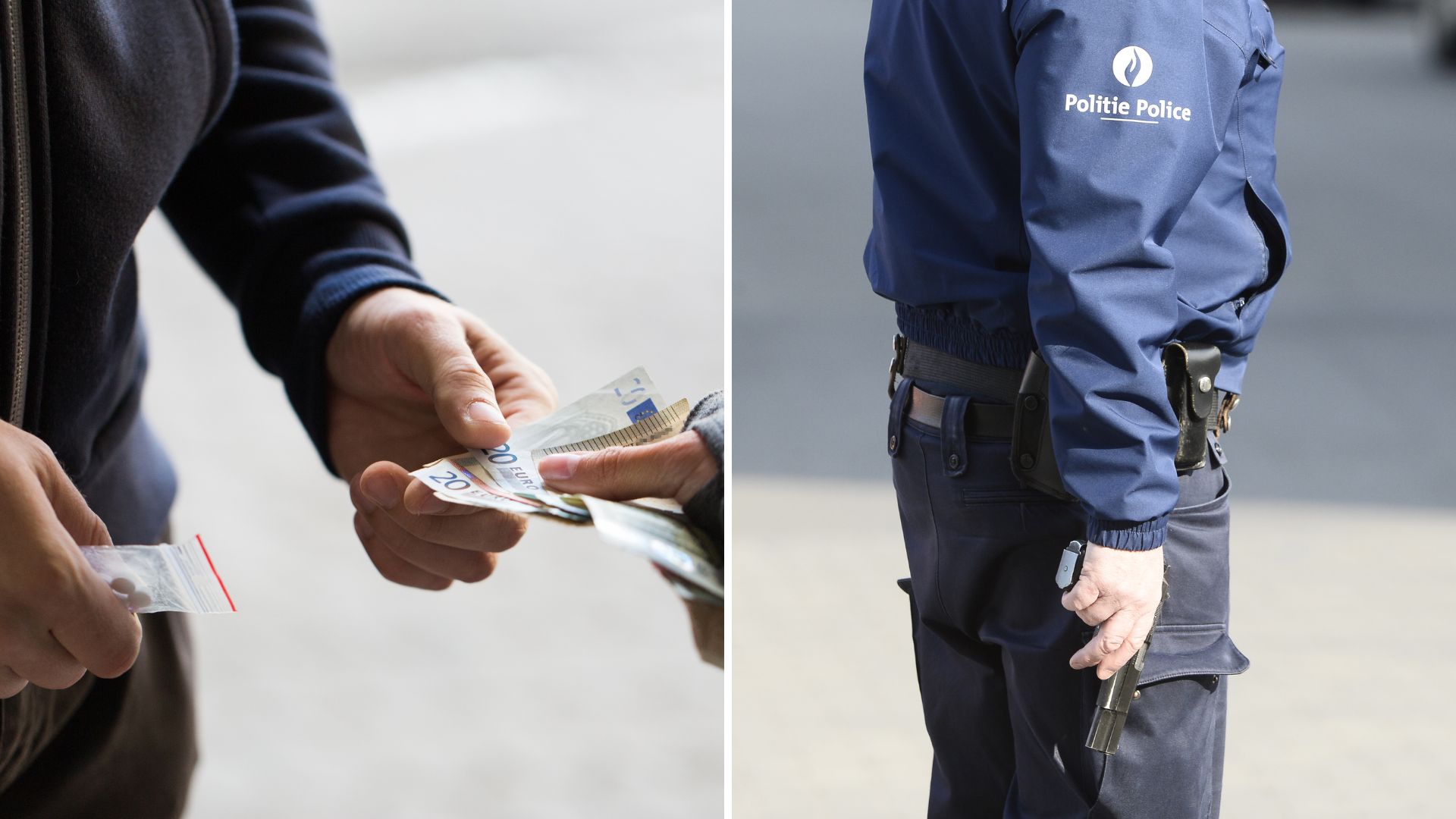A new police strategy of identifying drug trafficking hotspots in Brussels for police priority deployment was given an early blow after another shooting rocked the south side of the city this week. Is focusing on hotspots, rather than trafficking, the right response?
Last Monday, Brussels authorities announced yet another strategy to tackle rising drug trafficking violence, most significantly identifying key "hotspots" across the Belgian capital which police will prioritise as key deployment areas.
These hotspots were identified as being places rife with drug trafficking and are being fought over by rival gangs.
The Midi police zone will have five or six, Jurgen De Landsheer, Chief of Police for the Midi zone, told BX1 radio this week after the measures were announced. These will be at Peterbos, Porte de Hal (with Square Jacques Franck), Brussels-Midi station and Place de Bethléem – but the police chief did not specify the others.
Across the Brussels region, there will be between 10 and 15. But what will happen at these drug hotspots?
One of the flagship measures is that anyone found in these areas can be subjected to police ID checks at any time. Shopkeepers will also be prohibited from selling drug-related products, and an alcohol sale ban has been brought in between 22:00 and 06:00. While the Midi area is better known for drug use, alcohol abuse has also been cited as a nuisance by protesting Brussels neighbourhood committees.
Saint-Gilles' Jean Spinette is one of the affected Brussels mayors who has been given powers to tackle the problem.
Since Thursday, mayors can issue several police orders over the course of the next three months – such as temporarily shutting down public areas, banning people from meeting in the street and ordering the closure of certain establishments (e.g. catering outlets) involved in drug trafficking.
Stigmatising communities
Organisations working on the ground do not believe these measures will be effective. "We're appalled," Christophe Collin told La Dernière Heure.
Collin is director of Dune, a non-profit organisation working in Porte de Hal with drug users. "This plan is going to have an impact on vulnerable groups, not on the wealthy who have drugs delivered to their homes and who are the main source of drug trafficking."
Collin also believes that the confiscation of drug paraphernalia by the authorities could lead to addiction sufferers reusing others people's needles, increasing the risk of contracting AIDS or hepatitis. Brussels-Midi has its own safe drug consumption room to avoid these problems, while also acting as a social centre to promote safer practices and can intervene in case of an overdose.

The scene were a person was shot and killed at the square Jacques Franck - in Saint-Gilles, Brussels on Wednesday 14 February 2024. Credit: Belga / Nicolas Maeterlinck
Increasing police ID checks in hotspots areas will also heighten the risk of tension in these communities, Collin stresses. "The measures will create a kind of 'racial profiling', with whole communities pushed into areas of deprivation, where there is no social support."
Dune was invited to two meetings when the plan presented by Cores on Monday was being drawn up, "but they were not consultation meetings at all". This is why Christopher Collin says that "in the end, this plan is designed to combat the visible nuisance caused by drug trafficking, but not the traffic itself".
A new shooting in Forest
Last Tuesday, yet another shooting occurred a few streets down from the Parc de Forest, where one man was shot in the thigh and two others were injured as "collateral". Three people were taken to hospital with bullet wounds, one in critical condition.
"This won’t be the last shooting," said Pierre Hollander, spokesperson of a neighbourhood committee to BX1 this week. "We are having one or two per week."
The Mayor of Forest Mariam El Hamidine (Ecolo), who was at the scene shortly after the shooting this week, told SudInfo that she felt “very angry” about the incident.

Saint-Antoine district of Forest, Brussels. Credit: urban.brussels
"It's not normal that in a residential area like Saint-Antoine people don't feel safe. I'm very worried. Every day we hear of shootings all over Brussels," El Hamidine said. "I've been sounding the alarm for several months. Now it's happened, in another commune... here in Forest. I've been calling for an increased police presence for weeks."
However, the monitoring citizens, banning some from travelling and prohibiting the sale of laughing gas "won't stop drug trafficking", admits Schaerbeek Mayor Cécile Jodogne (DéFI) in an interview to La Dernière Heure. She is well aware that it is impossible for the municipalities and the Brussels Region to defeat trafficking on their own.
Yet Brussels authorities can play their part, Jodogne believes. "Safe.brussels has undertaken to run massive prevention campaigns in schools, and that's a positive thing," she says, concerned over "young people aged 13, 14 or 15 are becoming involved in drug dealing.
The Schaerbeek Mayor also references the important debate on decriminalisation as something which needs further discussion. "For cannabis alone, I'm prepared to think about it. For the others, there is still the worry of a domino effect," she said.

